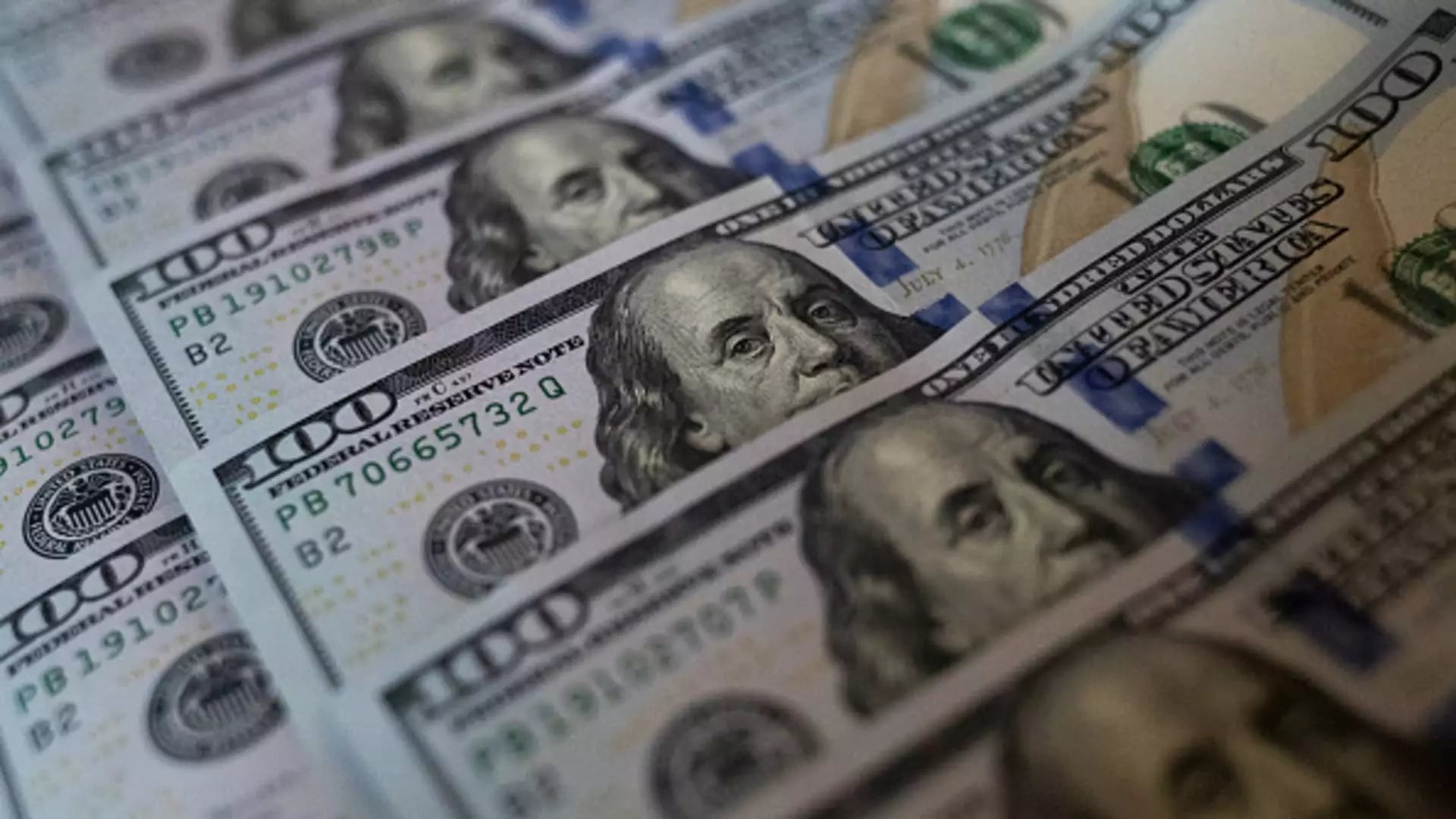In the realm of finance, innovation often comes at the intersection of evolving market conditions and the need for tailored investment solutions. Texas Capital Bank has recently attempted to disrupt the traditional money market fund landscape by launching its Government Money Market ETF (MMKT). This initiative, emerging from the Lone Star State, reflects a calculated response to the substantial growth within this asset class, spurred by the Federal Reserve’s interest rate hikes initiated back in 2022. As the total assets under management in money market funds have exceeded $6.5 trillion, Texas Capital’s introduction of an ETF may signal a shift, although it is met with skepticism from segments of the financial advisory community.
The ETF Landscape
The move towards a Money Market ETF represents a strategic enhancement over conventional money market funds due to its improved liquidity features. Traditional money market funds operate on a model where transactions are executed at the market’s end-of-day closing price, essentially limiting investor access throughout the trading day. On the contrary, an ETF offers the luxury of real-time trading, thereby allowing investors and money managers immediate access to their funds. With features such as daily holdings disclosure, the Texas Capital fund aims to attract investors who seek transparency and flexibility in volatile market conditions.
While the Texas Capital ETF has garnered about $40 million in assets shortly after its launch, the initial wave of investor interest appears constrained. This underscores a potential slow adoption trajectory, particularly given the traditional investment philosophy that prioritizes stability in money market vehicles. As financial advisors often prioritize the security of fixed income investments, many remain hesitant to embrace the perceived risks associated with ETFs, especially in the wake of financial crises where stability was compromised.
Concerns About Stability
The very promise of liquidity might prove counterproductive for certain investor classes. When evaluating money market options, some financial experts, like Michael Carbone of Eppolito Financial Strategies, argue that stability is paramount. “A day isn’t really going to make a difference,” he notes, which highlights the fundamentally different priorities held by long-term investors versus those engaging in frequent trades. This distinction underscores an essential challenge for Texas Capital as it attempts to position its ETF product within a market that still grapples with the historical memory of funds ‘breaking the buck’—a consequence of unstable net asset values.
Unlike traditional funds, Texas Capital’s ETF is intentionally designed without the guarantee of a stable net asset value (NAV). This fundamental principle allows for price fluctuations, where the fund has experienced trading between $100.01 and $100.36 per share since its inception. Such variability may add a layer of complexity for investors accustomed to the certainty of a $1 NAV, necessitating clear communication and education about the asset’s risks and rewards.
In addition to questions around stability, Texas Capital’s ETF could potentially redefine how financial advisors assess their fee structures. Generally, traditional money market funds may not impact considerations for management fees due to their low-risk profile. However, the entry of ETFs into this space may require a reevaluation, as advisors will have to consider how this new asset class fits within their fee calculations.
This aspect demonstrates the necessity of thorough due diligence for both financial advisers and their clients. The Texas Capital Money Market ETF, with an attractive expense ratio of 0.20% and a competitive seven-day yield of 4.74%, offers appealing terms that may entice investors away from stagnant traditional offerings. Nevertheless, the long-term acceptance of these ETFs remains contingent on demonstrating consistent performance without encumbering hidden risks.
Looking ahead, the potential for Texas Capital’s Government Money Market ETF is substantial. With over $5 trillion locked in government money market funds, there is a sizable opportunity to capture market share. Notably, Brad Roth, Chief Investment Officer at Thor Financial Technologies, suggests that ETFs, like the Texas Capital fund, could serve as alternatives in model portfolios or fund-of-fund strategies, which is a hopeful sign for long-term growth.
As Texas Capital Bank steps boldly into a market ripe for transformation, the institution faces the dual challenge of validating its innovative approach while assimilating with the cautious mindset prevalent among financial advisors. The path to acceptance may be gradual, yet the proposal to revolutionize liquidity with the introduction of a modern money market ETF could very well redefine investor strategies for years to come. The critical task ahead lies in balancing the allure of real-time market access with the enduring value of stability that investors prize.

